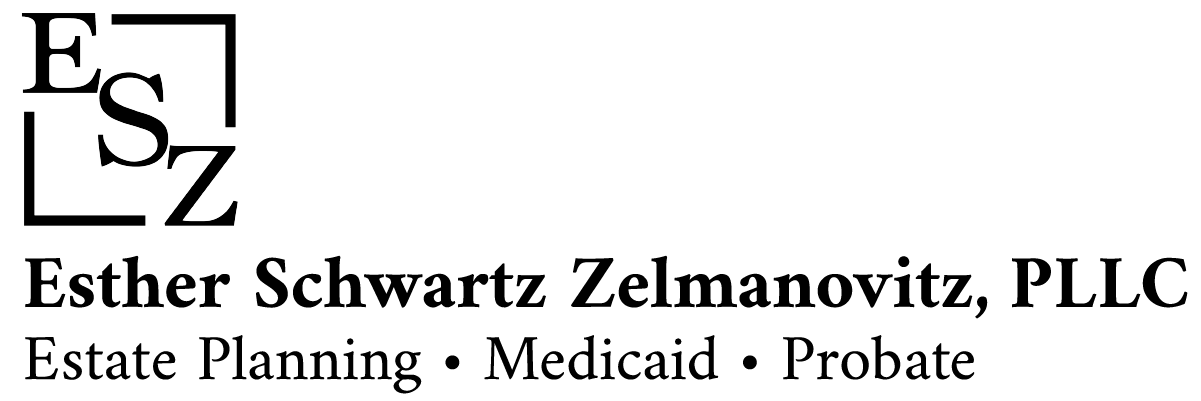Over your lifetime, you probably have accumulated a variety of worldly possessions. Your possessions may include a house, apartment, or multiple properties, a car, boat, or additional vehicles, money in the bank and maybe even under the mattress, investments of all kinds, retirement accounts, corporate interests, artwork, jewelry, a coin or stamp collection, and so on. Having a will or other estate plan will make sure that these possessions pass on to the people or organizations of your choice.
But what happens to your stuff if you die before preparing a will or other estate planning?
If you die without a valid will, it is called dying “intestate.” That means that anything that is left in solely your name alone is subject to an administration proceeding in the Surrogates Court that will determine:
(1) who will be appointed “Administrator” of your estate – the person that will be in charge of gathering your possessions, paying your debts and distributing your estate; and
(2) who will actually get your stuff – these people are your “distributees.”
Administrator
New York State has specific laws that govern who would qualify to be the administrator of your estate. Someone would have to petition the court and request to be appointed as the administrator of the estate. The court would appoint an administrator, giving preference in the following order of priority: (a) the surviving spouse (b) the children (c) grandchildren (d) parent (e) siblings, or even sometimes more distant relatives. Sometimes there is no one in the above list qualified or even interested in taking on this job, so the court may appoint a public administrator to serve in this role.
Distributees
If you have a will, trust, designated beneficiaries, or joint ownership of assets, there are other mechanisms that govern how your assets pass. Read more here: Five Ways Your Property Might Be Distributed When You Die.
However, if you leave behind worldly possessions that you own in your name alone and haven’t prepared a will, New York State has specific laws that govern who is entitled to inherit this property, known as your “intestate estate.”
The order of priority according to New York State law starts off with spouse and children. If you are survived by a spouse but no children, your spouse is your only distributee, and will inherit your full intestate estate. If you die unmarried and are survived by children, then your children would equally share in your intestate estate. If you are survived by a spouse and children, then your spouse will get the first $50,000 plus half of your estate and your children will share equally in the other half. Many people don’t realize this, assuming their spouse will get everything. This is especially problematic when the children are minors and can’t inherit directly.
Click here to download a chart that has more details on the order of intestacy – the priority of relatives that would inherit your estate if you died without a will or other estate plan.
There are many reasons why it is best to set up a plan in advance, and our office would be happy to meet with you and determine the best plan for you.
